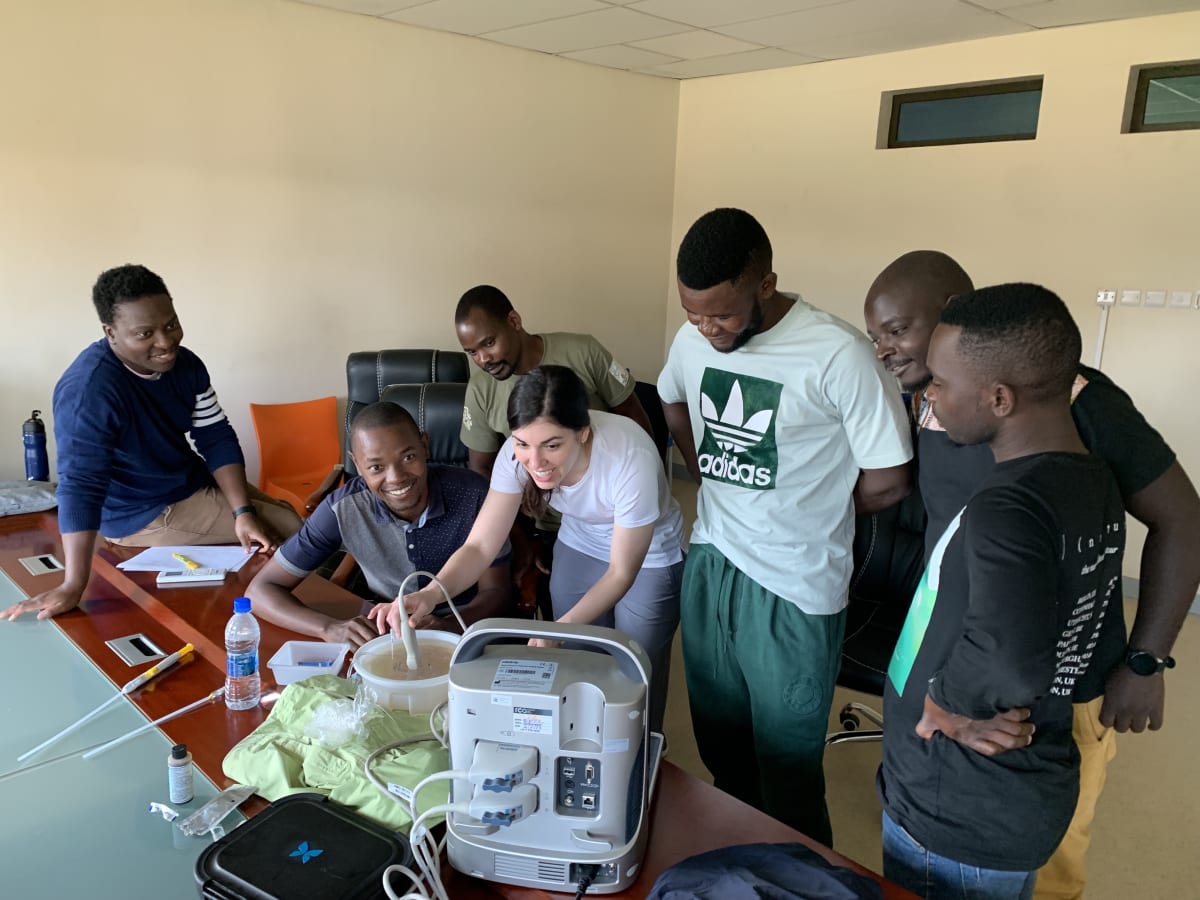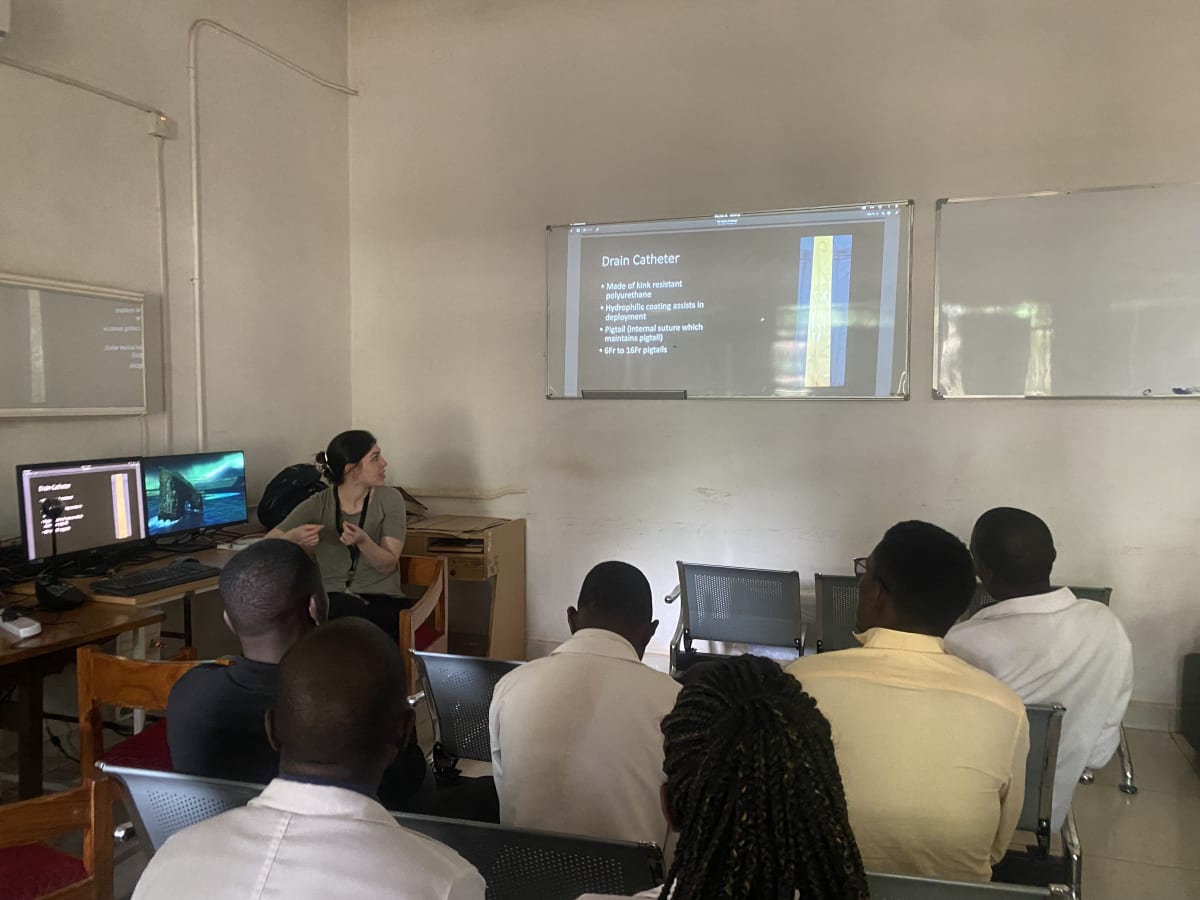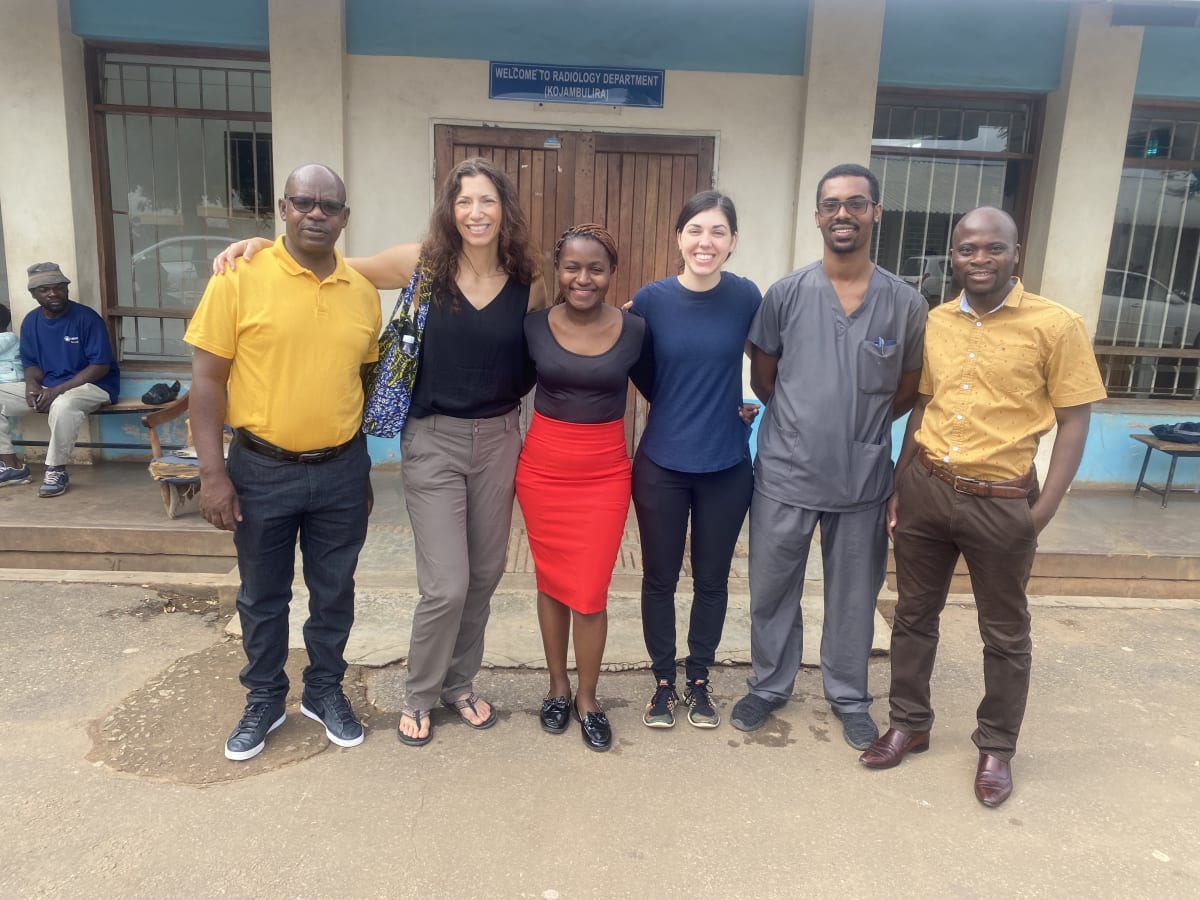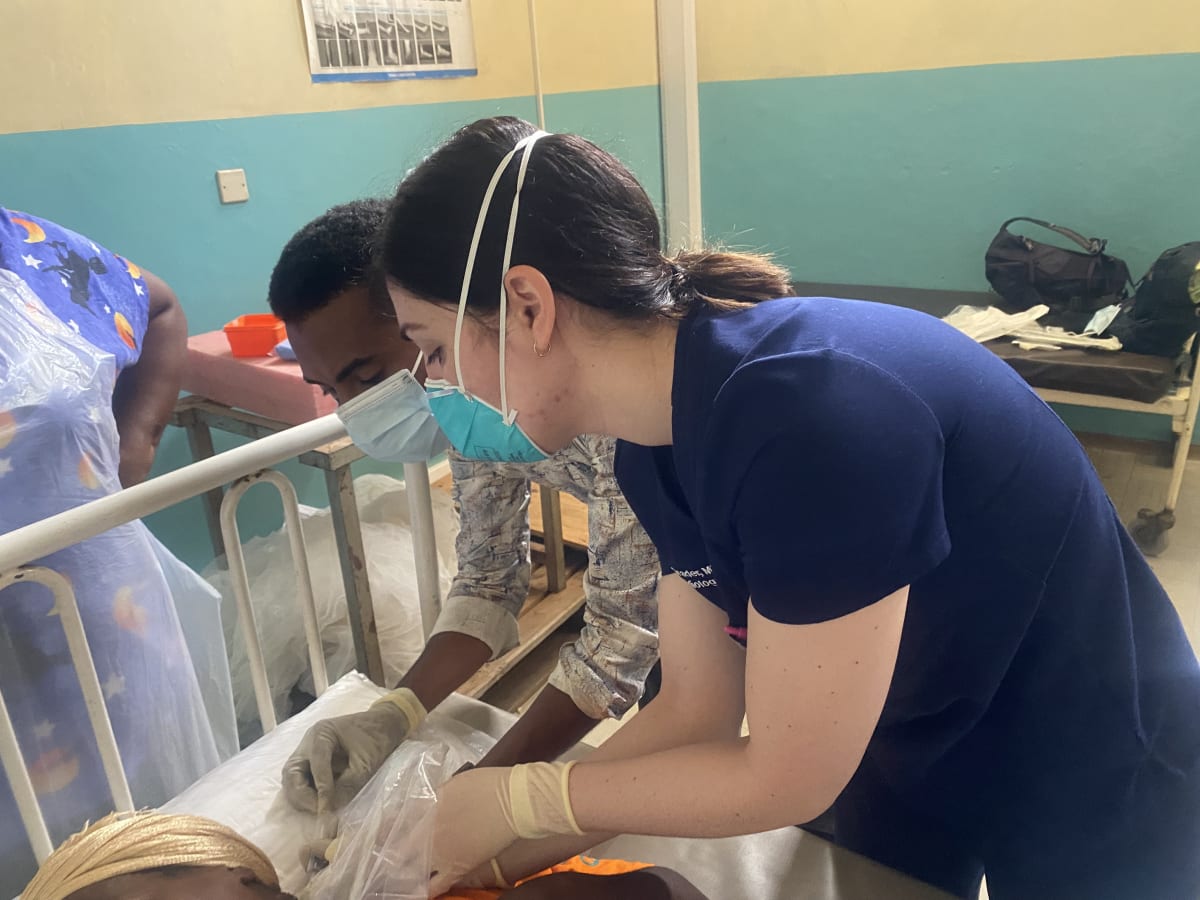UNC hospital and department of radiology have a well-developed relationship with Kamuzu Central Hospital (KCH) in Lilongwe, Malawi. For years our residents and faculty have been supporting the radiology department there and we are excited to continue this relationship with an upcoming visit in March. As a PGY6 Integrated IR resident I will be spending 2 weeks at Kamuzu Central Hospital in Malawi working with their radiology department and new residents to help with training, specifically in ultrasound guided procedures. I will also be assisting in general teaching and radiology clinical support for their new and growing radiology residency. Our goal is to help identify areas for growth and to build on past efforts while expanding ideas for future collaborations. Beyond my in-person trip in March we will continue our longitudinal global health conferences which currently take place a few times a month and aim to continue the educational collaboration through didactics, case presentations and journal clubs. I hope to provide insight from our own training program and my perspective as a trainee to help foster the growth of their new residency.
Our project will directly benefit the radiologists and radiology physician trainees in Malawi through education and hands on teaching. Our hope is to provide diagnostic and interventional radiology clinical and educational support. Indirectly, our project will benefit the people of Malawi as we hope our efforts will ultimately result in training more radiologists for the country. By specifically helping with procedural training, with a focus on ultrasound techniques, we can broaden the scope of medical practice and minimally invasive treatments offered to the patient population of Malawi. Malawi is one of the least developed countries in the world facing challenges such as high infant mortality, low life expectancy and lack of access to imaging studies with CT and MRI being very limited resources. Kamuzu Central Hospital, where we will be working, is a tertiary referral hospital in Lilongwe with ~780 beds though often more patients than this. Our goal is that by helping to train and support the radiology physicians in Malawi we can help provide long term support to their hospital and ultimately address some of the nationwide health care needs using resources like ultrasound that are more readily available to their physicians.
Our short-term impact will provide radiology residents in Malawi with didactic teaching and hands on ultrasound procedural training. In our most recent past trips we helped with breast biopsies, teaching sterile technique and establishing formal PACs stations for radiologists among other things. Using my IR training I will be teaching ultrasound guided procedures, providing lectures to physicians and trainees, helping with workflow in the radiology department as well as identifying future areas for improvement for our next collaborations.
It is hard to quantify our expected long-term impact but our goal is to use our expertise in interventional and diagnostic training to supplement the learning of the radiology trainees in Malawi for years to come. Because our project is longitudinal in our relationship with KCH we will be able to build on our efforts from prior trips and continue to find ways to support and teach throughout the year virtually and on future in person visits.








I spent 2 weeks working at Kamuzu Central Hospital (KCH) along with a UNC faculty member and abdominal imager who leads our global health program. The primary goal of our trip was to assist with training the radiology residents at KCH, specifically in ultrasound procedural training with additional goals of providing radiology interpretation support to the department as well as radiology collaborations with other departments in the hospital. Unfortunately, due to a devastating cyclone during our trip, our time with the Malawian radiology residents was cut short as they were delayed from returning from their exams in the south of the country for a week.
We made the most of our first week at the hospital by focusing on radiographer training and building relationships throughout the hospital between the radiology department and other departments. I was able to lecture to sonographers, pediatric surgeons, surgeons and urologists on basic imaging findings as well as ultrasound procedural training. As most ultrasounds and radiographs performed at the hospital are not interpreted by a radiologist, these clinical skills are very important for many of the non-radiologist clinicians. I taught ultrasound scanning and procedural skills to multiple physicians by providing simulation models and hands on training. When I was not teaching I was busy assisting sonographers with difficult ultrasound examinations, helping to interpret CT scans and assisting with scheduled ultrasound procedures. My own experience left me challenged to make rare diagnoses and improved my own ultrasound skills significantly.
During the second week of the trip the radiology residents had safely made it home from their exams and we were able to focus on their training. Along with my attending from UNC, we assisted in setting up a second work station in their reading room to improve their work flow. I held additional training sessions to teach them ultrasound procedural techniques in biopsies, drainages and vascular access. We were able to work together on ultrasound and CT cases and provide real time feedback on their scanning techniques and clinical reports. We performed image guided procedures and I was able to provide insight and expertise as they do not have formalized interventional radiology training. We also identified areas for future expansion of their procedural needs including in ultrasound guided suprapubic tube placement and ultrasound guided vascular access.
The trip was rewarding and encouraging as we had the opportunity to observe improvement in the skills of the residents and radiographers, identify areas for future collaborations and to ultimately impact patient care both directly and through educating Malawian physicians.